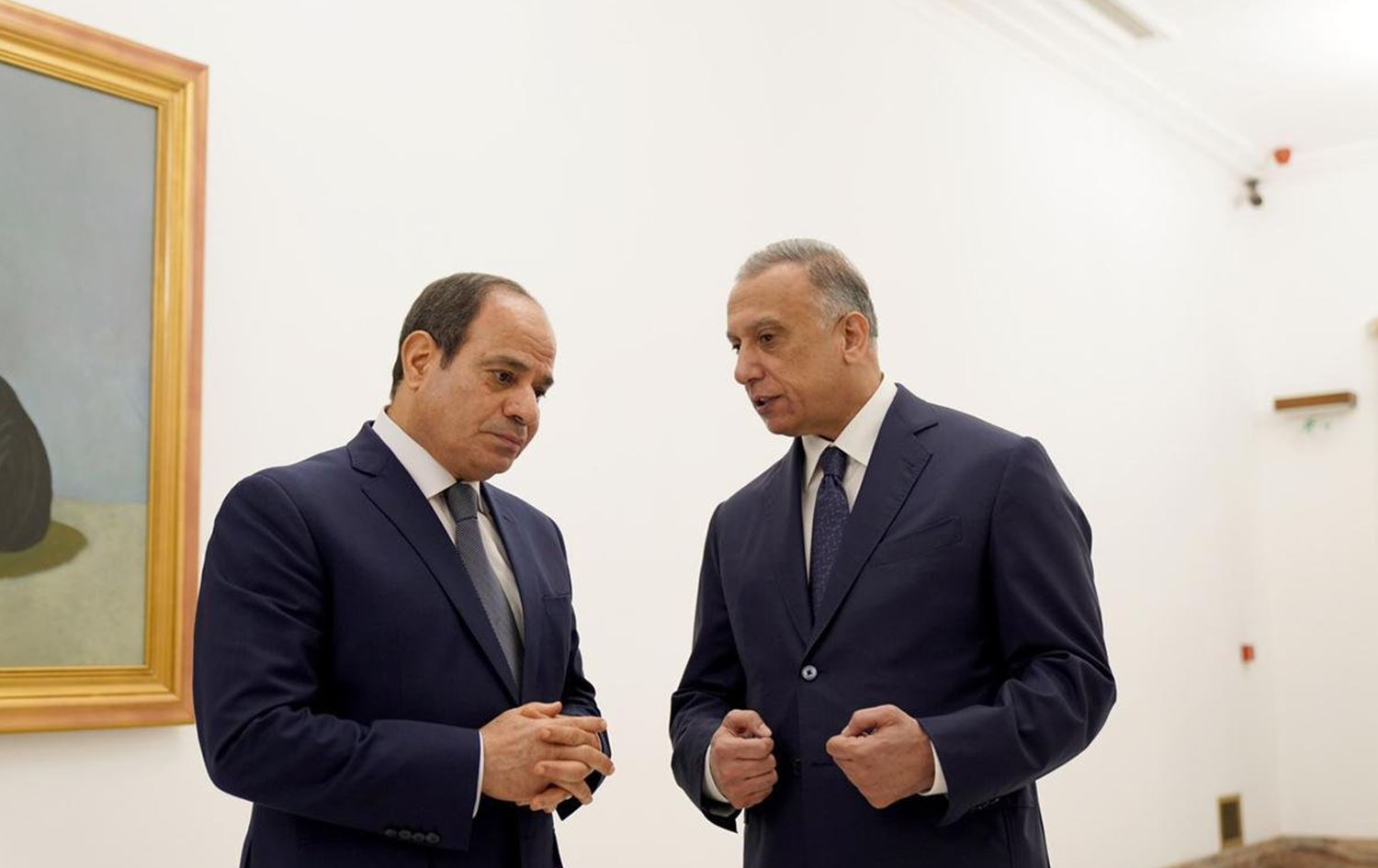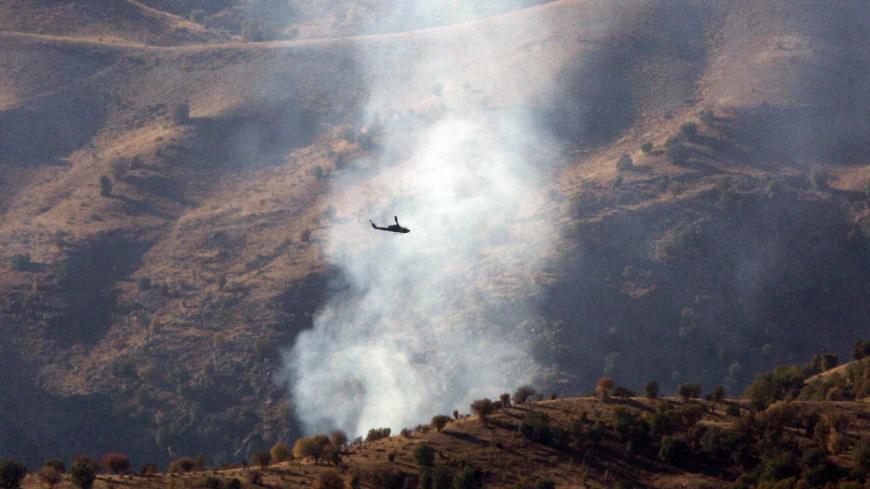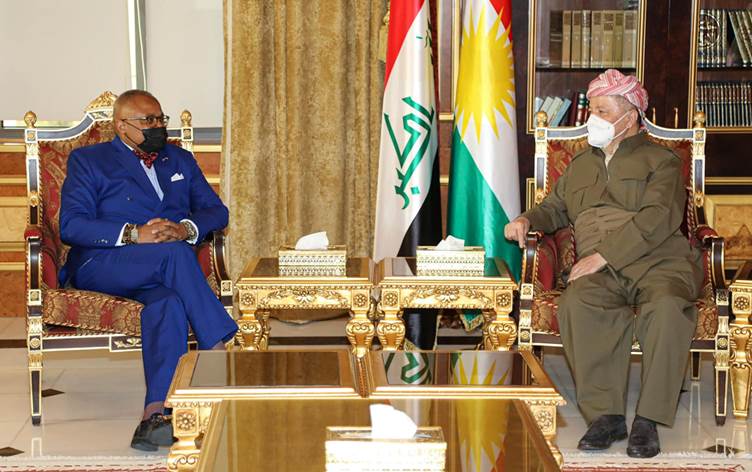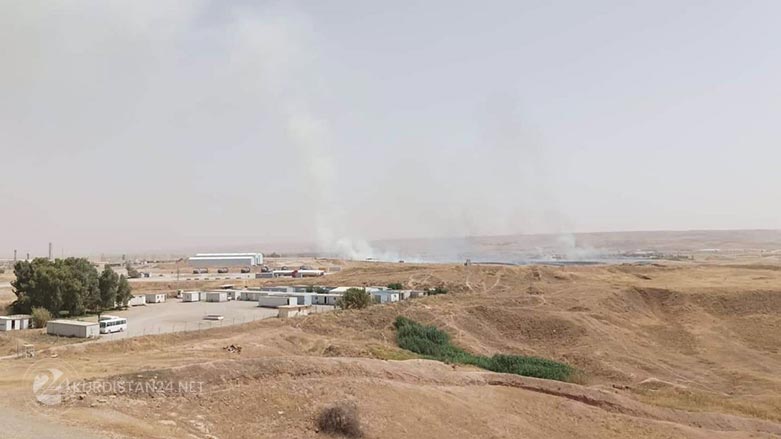Shkoi Kurdistan-
Financial times newspaper has reported on Kurdistan Region’s press freedom, especially after upholding six year sentence against five activists and journalists by KRG appeal court, The following is the content of the article.
The nightmare began for Sherwan Sherwani when six police cars pulled up outside his family home on the outskirts of Erbil, capital of Iraq’s Kurdistan region. At least 10 officers stormed the house and chased the 38-year-old freelance journalist upstairs, eventually pinning him down with a gun to his head. The arrested man was later accused by the region’s prime minister of espionage. His wife, Rugash Izzadin Muhaeiddin, who witnessed the October 7 arrest alongside two of their children aged eight and 12, describes it as “terrifying and brutal”.
She says she knew her husband had a dangerous job. For nearly 15 years he had written articles criticising the Kurdistan Regional Government, which holds semi-autonomous rule over Iraq’s majority Kurdish territories. He had brushed off earlier pleas from his wife to stop writing. And ignored his family’s traditional support for the ruling Kurdistan Democratic party — controlled by the powerful Barzani family — to continue reporting on anti-government protests, alleged human rights abuses and land grabs by officials. “[The authorities] had been accumulating what they call these crimes, [his criticism], for a long time,” says Muhaeiddin, an economics teacher. Sherwani was one of five people from north-west Iraqi Kurdistan to be rounded up and arrested in October. What they had in common was their involvement in either organising or reporting on anti-government protests over unpaid public sector wages in 2020. All were later charged with threatening national security. A week before their trial opened in February, Masrour Barzani, KRG prime minister, told reporters that the detainees were “neither activists nor journalists. Some of them were spies, they spied for other countries”.
All five were subsequently sentenced to six years in prison for offences ranging from spying to trying to organise armed struggle, after a trial that was condemned by Human Rights Watch as “marred by serious violations of fair trial standards as well as high-level political interference”. The espionage charges hinge on links between the accused and German and US officials, as well as American lawyers, and a social messaging group the five men had used to share information about protests. The US embassy in Baghdad said it had “followed [the case] closely”, but stopped short of criticising its regional ally, which was crucial in the defeat of jihadist group Isis. Yet the convictions have sparked rare international condemnation, putting a spotlight on the authoritarian drift of a quasi-state dominated by two families, the Barzanis in the west of the region and the Talabanis, who control the Patriotic Union of Kurdistan, in the east. Their influence extends deep into the business and security apparatus of Iraqi Kurdistan — an oil-rich region of 5m people.
The convictions were upheld at an appeal hearing last week, when the KRG insisted the judiciary had acted independently of government. However, in a rare display of public frustration with the KRG, the German consulate in Erbil slammed the appeal court decision. “Free exchanges with journalists [and] activists are part and parcel of [a] diplomat’s daily work, also of @GermanyInKRI,” tweeted the consulate. “The court’s reference today” — to the accused having met with German officials — “is absurd [and] goes against the spirit of our close and friendly relations between [Germany] and [the KRG].” The judgment, said the Germans, lacked “clear proof of punishable crimes”. In a 2020 report, Freedom House, a human rights monitor, said the KRG authorities had “intensified the persecution and harassment of media outlets and journalists, particularly those covering anti-KRG protests relating to economic hardship and corruption”. The authorities have previously denied such claims. Jotiar Adil, a spokesperson for the KRG, says the government is “committed to freedom of speech”, describing Kurdistan as “a beacon of tolerance in a turbulent region”.




